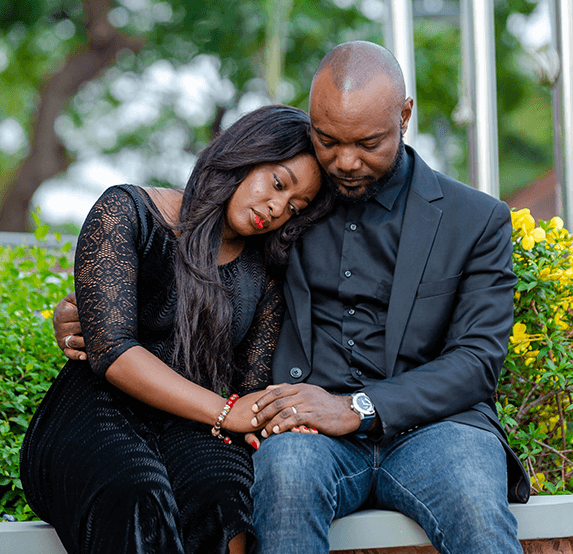
Grief is a deeply personal experience, yet it is one that everyone encounters at some point in life. Losing a loved one brings immense emotional pain, and how we process that grief significantly impacts our emotional, mental, and even physical well-being. At Transitions, we recognize that grieving is not just about mourning a loss but also about healing, finding closure, and ultimately moving forward in a healthy way.
Why a Proper Grieving Process Matters
The grieving process is not just a cultural or traditional formality—it is essential for emotional well-being. Without a structured approach to grief, individuals may suffer prolonged sadness, depression, or even physical health issues. Studies have shown that unprocessed grief can lead to anxiety, high blood pressure, weakened immunity, and other long-term effects.
A proper grieving process allows individuals to:

The Best Way to Heal and Recover
While grief is unique to every individual, there are effective ways to navigate it, ensuring that the pain does not overwhelm one’s ability to live a meaningful life. At Transitions, we advocate for the following structured healing approaches:
Grief has no fixed timeline, and everyone grieves differently. Allow yourself to feel—cry if you need to, reminisce, and acknowledge the loss. Denying grief can lead to more profound struggles later.
Many people hesitate to seek professional help, thinking grief should be managed privately. However, professional grief counseling can provide coping mechanisms, perspectives, and strategies to handle difficult emotions. Transitions offers grief counseling services to support families in their healing journey.
The funeral and burial process are not just ceremonies but part of the healing journey. A well-organized funeral gives family members an opportunity to celebrate the life of their loved one and create lasting memories. Transitions ensures that funeral arrangements reflect the unique life and values of the departed, making the experience meaningful and therapeutic.
Grief is lighter when shared. Joining support groups, engaging in faith-based counseling, or simply talking with others who have gone through similar losses can be helpful. Transitions encourages bereaved families to lean on their communities and find comfort in collective remembrance.
Physical and emotional self-care are crucial. Eating well, exercising, and getting adequate rest help the body cope with stress. Emotional self-care—such as journaling, meditating, or pursuing a hobby—also aids in the healing process.
Healing does not happen overnight. It is important to be patient with oneself and avoid pressure to ‘move on’ quickly. Every individual heals at their own pace, and that’s okay.
Conclusion
A proper grieving process is not about forgetting the departed; it is about remembering them in a way that allows healing and moving forward. At Transitions, we believe that every grieving journey should be supported with love, understanding, and professional care. By embracing grief, seeking help when needed, and engaging in meaningful healing activities, individuals can recover and find peace.
Lost a loved one? You're not alone. Healing takes time, but support makes it easier. Our compassionate grief counselors are here to listen and guide you through this difficult time. Take the first step towards healing, call 0302634706.